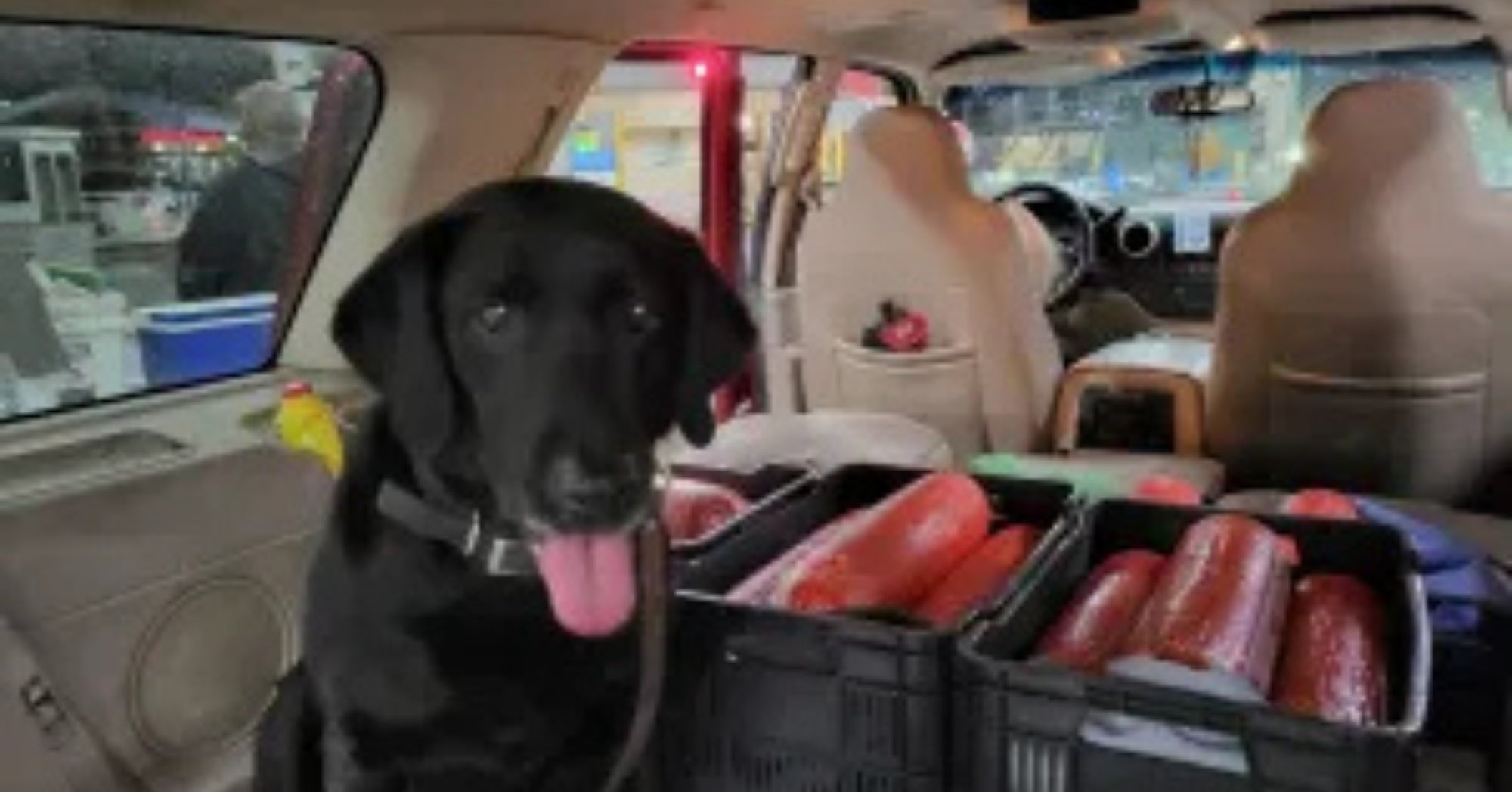Mexican President Claudia Sheinbaum says that Mexico will not retaliate with tariffs against the United States, as President Donald Trump prepares to announce sweeping new trade measures. Sheinbaum stated that Mexico will unveil a broader economic strategy aimed at strengthening the country’s position no matter what happens.
Speaking at her daily morning news conference, Sheinbaum reaffirmed Mexico’s commitment to continental free trade and emphasized her focus on stability and cooperation. “Let’s see what announcement they make, but we have a plan to strengthen the economy under any circumstance,” she said.
Sheinbaum’s strategy contrasts with the more confrontational approaches taken by leaders from other countries. She has largely avoided direct criticism of Trump, instead promoting policies that reinforce Mexico’s role within the United States-Mexico-Canada Agreement framework.

Trump’s planned tariff announcement, scheduled for 4 p.m. Eastern Time, is expected to impact key industries in Mexico, which exports $41.9 billion worth of agricultural products to the U.S.
According to the U.S. Department of Agriculture, U.S. agricultural trade with Mexico reached $30.32 billion in 2024, solidifying its position as the top export market for American farm products. Over the past decade, U.S. agricultural exports to Mexico have grown at an average annual rate of 5.4 percent, with a three-year average of $29.05 billion.
Corn remained the leading U.S. agricultural export to Mexico, valued at $5.62 billion, with a volume of 25.25 million metric tons — marking a 144 percent increase over the past decade. Pork and pork products followed at $2.58 billion, reflecting a 104 percent growth. Dairy products reached $2.47 billion, while soybean exports amounted to $2.3 billion, a 61 percent increase from the ten-year average.
Poultry meat and products, excluding eggs, were valued at $1.47 billion, and beef and beef products accounted for $1.35 billion. Sugar exports surged to $1.24 billion, representing a 97 percent growth. Other notable exports included food preparations, wheat, and fresh fruit.
Despite potential trade policy uncertainties, the continued importance of Mexico as a key destination for U.S. agricultural goods.







